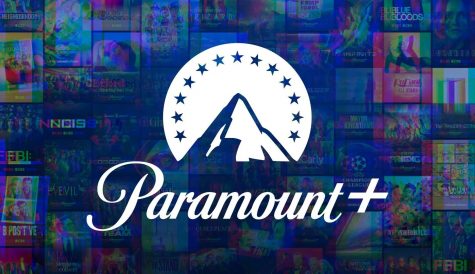
After more than 40 years of operation, DTVE is closing its doors and our website will no longer be updated daily. Thank you for all of your support.
Kroes gets go-ahead to set out stall for telecoms single market
 European Commission vice-president Neelie Kroes is to present a package of new measures designed to create a true single market in telecom services after securing an endorsement of the plan from the European Council.
European Commission vice-president Neelie Kroes is to present a package of new measures designed to create a true single market in telecom services after securing an endorsement of the plan from the European Council.
The European Council – the body comprising heads of government of European Union member states – called for “preparatory work” for discussions later this year on a series of topics including the Digital Agenda. Following meetings at the end of last week, the European Council noted “the Commission’s intention to report well before October on the state of play and the remaining obstacles to be tackled so as to ensure the completion of a fully functioning Digital Single Market by 2015, as well as concrete measures to establish the single market in Information and Communications Technology as early as possible”.
Kroes, who has been pushing for moves that could enable the consolidation of the European telecom sector, will now prepare measures ahead of the October meeting. In her blog she noted that the EU telecom industry was still held back by fragmentation and differences in regulatory regimes between member states.
“Unfortunately, the EU is still essentially a collection of 27 distinct national telecoms markets. And that fragmentation has consequences,” said Kroes. “It means that customer choice, for both consumers and business users, is limited to what happens to be on offer locally – and that can vary a lot, due to factors such as diverging regulation or the patchwork of uncoordinated past spectrum assignments for wireless operators. For businesses like telecoms operators, including those present in multiple countries, it means they don’t get the advantages of organising their operations to serve an EU-wide market, and can’t reach the size and scale needed to invest, innovate and compete globally.”
Kroes said the rewards of completing the signle market in digital communications could boost the European economy by up to €110 billion a year, or 0.8% of GDP.


